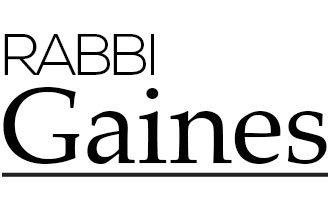The mind of a human being is filled with imagery, mental constructs derived (and assembled) from his/her experience of the world. Hence, it is difficult to understand how we, image-driven mortal beings, can relate to an infinite and limitless God, especially in lieu of the commandment, “Thou shall not make unto thee a graven image, nor any manner of likeness, of anything that is in heaven above, or that is in the earth beneath, or that is in the water under the earth” (Exodus 20:3). Ok, so likenesses of all sorts are out! How then should we relate to our Creator?
In Kabbalah we are taught, though concrete images are indeed forbidden (as they are creations of God not God Himself), we may nonetheless use their associated meanings to develop a meaningful relationship with God. This idea called “abstraction” (lifting the literal idea to its higher meaning) is intimated in the prophet’s words, “From my flesh I envision God” (Job 19:26). Meaning, from my “flesh” (physical, emotional, and mental experiences), I shall envision (develop a sense of) God! Explain the Rabbis, so as long as we can properly abstract our wealth of worldly experiences (our “flesh”) to relate to God (develop a relationship with Him), we can avoid the pernicious waters of idolatry.
Let’s examine but one example from Torah literature. In King Solomon’s Song of Songs, we read in chapter 6, “I am to my beloved and my beloved is to me, He pastures amongst the flowers” (6:3). Here, God is not likened to a distant king (an authority figure), but to an attentive, tender, and loving groom, who is constantly “shepherding” (guiding, protecting, and nourishing) His “beloved” (the righteous soul) through fields of “flowers” (places filled with rich spiritual delights). By comparing our benevolent Creator to a “Groom,” King Solomon wished to invoke the very deepest sense of relationship, a connection so pure and absolute, that it can only be likened to the love of soulmates.
This is the idea of “abstraction,” digging deeper beyond the metaphor or parable to discover the higher meaning.
May we merit that God will open all our eyes that we may better see (and comprehend) His wonders.




